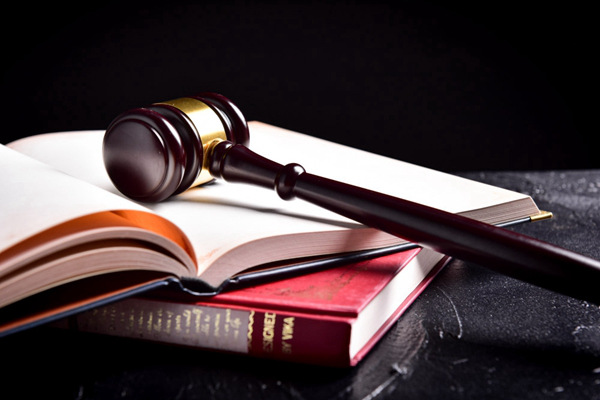Recently, the Beijing Internet Court heard aAI-generated soundPersonality rights infringement case that resulted in a judgment in favor of the plaintiff.
Plaintiff Yin is aVoice Actor, accidentally found that his voice was AI-ized and sold to the public in the platform operated by a defendant intelligent technology company. Yin Moumou with the defendant's behavior infringes on its voice rights and interests, will a smart technology company and other five defendants sued to the court, claiming that the defendant's behavior has seriously infringed on the plaintiff's voice rights and interests, the defendant a smart technology company, the defendant a software company should immediately stop infringing on the infringement of the rights and interests of the defendant and apologize, the five defendants should be compensated for the plaintiff's economic losses, moral losses.

The Court held that the voice of a natural person is unique, distinctive and stable, and is capable of being recognized and associated with a person's identity. In this case, the AI-generated voice was highly consistent with the plaintiff's original voice and could be recognized by the public as the plaintiff's voice, so the plaintiff's voice rights should also extend to the AI-generated voice. The cultural media company and software company involved in the case used the plaintiff's voice in AI without his consent, which constituted an infringement of the law and should be held legally liable.
Eventually, the court ruled that the intelligent technology company and software company involved in the incident should apologize to the plaintiff, and the cultural media company and software company should compensate the plaintiff 250,000 yuan. After the judgment, both parties did not appeal and the judgment has come into effect.
The trial and judgment of this case reflects the protection of personality rights, including sound rights and interests, in China's Civil Code, and also delineates the legal boundaries of AI technology application, emphasizing that the application of technology should respect and protect personality rights and interests. Experts believe that this case provides a useful reference for the protection of voice rights and interests, and helps promote the standardized development of the voice AI industry.